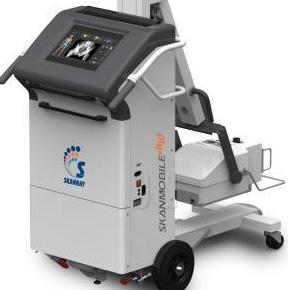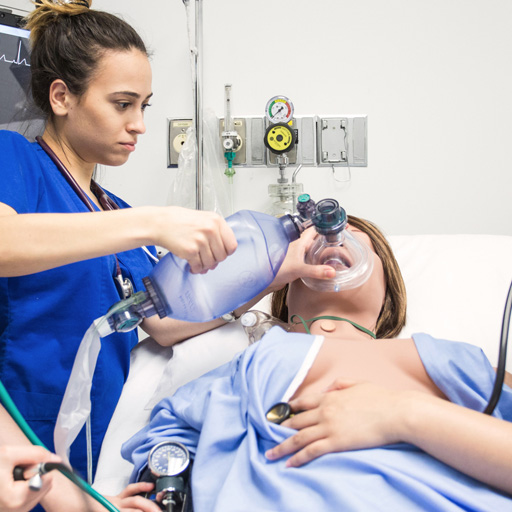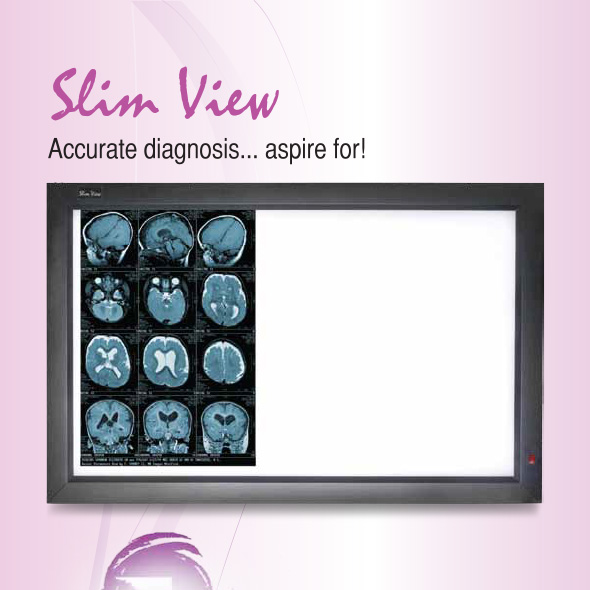- (+01) 112 345 6789
- info@medicom.com
-

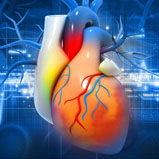
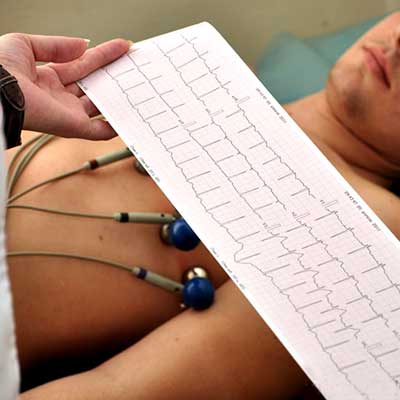

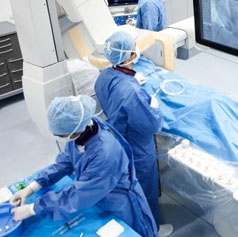 CardiologyEmergent is a distributor of ECG Machines, Holters, Stress Test Equipment, Cathlab Simulator, Cardiac Monitors.
CardiologyEmergent is a distributor of ECG Machines, Holters, Stress Test Equipment, Cathlab Simulator, Cardiac Monitors. -

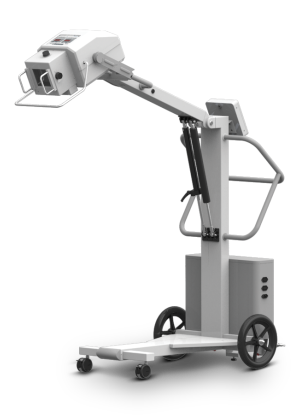 RadiologyEmergent's offering includes a wide range of X-ray systems,
RadiologyEmergent's offering includes a wide range of X-ray systems,
mobile X-ray systems, Classical RAD, CR, DR systems and C-Arm. -




 Critical CareEmergent's product range includes Syringe Pumps, Patient Monitors,
Critical CareEmergent's product range includes Syringe Pumps, Patient Monitors,
Central Station, Defibrillators, AED, and Ventilators. -




 SurgeryIntra Aortic Baloon Pump & Cathetors,
SurgeryIntra Aortic Baloon Pump & Cathetors,
Cautery Machines, Anaesthesia Machines, Surgical Simulators.
Patient Simulators
A Patient Simulator is a life-like, anatomically correct, computer driven manikin with physiologic responses that mimic real patients.
We provide full range of Patient Simulators from infant to adult. Our simulators - HPS, Apollo, Athena, Lucina, BabySIM, iStan, Caesar and PediaSIM are globally acclaimed and are programmed for every need. For example, the Human Patient Simulator (HPS) is the only simulator that truly breathes. It is unrivalled in its physiology & realism, and its ability to interface with equipments such as Ventilator, Anaesthesia Workstation, Patient Monitor and Defibrillator makes it the go-to choice for healthcare and simulation institutions.
SIMULATION IN MEDICAL EDUCATION
Simulation technology which has made its name in areas like aviation, war strategy, architecture and gaming made its mark in Medical Education more than a decade ago. Today, there is a worldwide shift in the method of Medical Education towards experiential (‘hands-on’) medical learning; however, applying this concept to real patients is less acceptable to society and is subject to legal and ethical issues. Here is where Simulation plays a major role and comes in the foreplay. Simulation is a technique; a representation of reality. Its use in Medical Education is to “replace or amplify real experiences with guided experiences that evoke or replicate aspects of the real world”. It is a complimentary teaching method. It does not replace traditional methods of patient based clinical training but adds value to it.
SIMULATED TRAINING
What started as tools for skills labs are today full size computer programmed manikins that can mimic emergency medical situations and disease conditions. Simulation provides a safe and controlled environment to teach a wide variety of not only technical abilities but also non-technical skills as well, and it is also a reliable educational assessment method with the ultimate goal of improving patent safety. The power of Simulation based learning is that it primes medical professionals in areas of critical thinking, decision making and crisis resource management skills in management of clinical emergencies. Hands-on simulation helps teams and individuals develop preparedness and insight that is best learned and practiced in realistic conditions.

fred albertHeart patient
